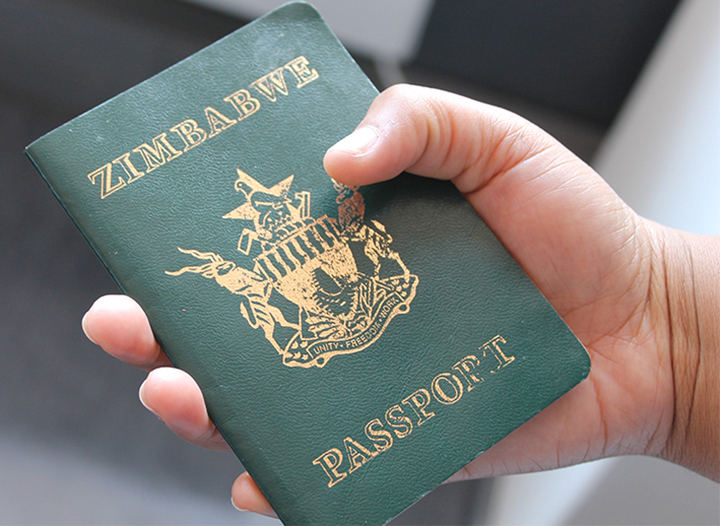The Department of Home Affairs in South Africa has initiated consultations regarding the future of approximately 230,000 Zimbabwean and Lesotho migrants following a court order halting deportation attempts, as reported by News24. Leon Schreiber, the newly appointed home affairs minister, announced on Wednesday that these consultations would be conducted without any predetermined outcomes.
The presence of Zimbabwean migrants in South Africa is a contentious issue, exacerbated by the country’s high unemployment rate exceeding 30% and ongoing challenges in service delivery. Since 2008, South Africa has experienced periodic xenophobic violence, and the decision to terminate special permits for Zimbabweans and Lesotho nationals was seen by some as a political maneuver to garner support for the African National Congress (ANC).
“The court told us, ‘You cannot decide on an outcome and then pretend to consult retroactively,'” said Schreiber, a member of the Democratic Alliance in coalition with the ANC, speaking to News24. “We need to determine what is in the best interest of South Africa and those affected.”
Former Home Affairs Minister Aaron Motsoaledi initiated a process in 2021 requiring Zimbabwean migrants, who have had the right to reside and work in South Africa since 2009, to apply for new work permits. However, most migrants would not qualify under the revised criteria, leading to a legal battle culminating in a Constitutional Court ruling against the department in June.
The decision to grant legal status to Zimbabweans in 2009 was a response to Zimbabwe’s enduring economic crisis, which persists largely unchanged. Presently, 178,000 Zimbabweans benefit from this provision, employed across a spectrum of professions from corporate roles to service jobs, alongside numerous documented and undocumented migrants from Zimbabwe.
Established in 2016, the Lesotho Exemption Permit was created to address socioeconomic challenges in Lesotho, as stated by the department. Current permit holders are legally allowed to remain in South Africa until November 29 next year. Additionally, Schreiber announced the revival of an immigration advisory board, a statutory requirement that has been neglected for a decade, aimed at guiding future policy directions.
In other news – Sir Wicknell Chivhayo condemns alleged Instagram hack, plans legal action against impostors
In recent events, Sir Wicknell Chivhayo, a prominent figure in Zimbabwean business circles, has found himself at the center of controversy after his Instagram account was allegedly hacked. Screenshots purportedly showing private conversations between Chivhayo and several high-profile personalities, including the wives of renowned prophets, have circulated widely on social media, sparking widespread debate and criticism.
Chivhayo, known for his philanthropic endeavors and business ventures, responded vehemently to the leaked conversations. In a statement addressing the allegations, he dismissed the screenshots as “malicious fabrications” orchestrated by criminals who attempted to extort him unsuccessfully. Read More
